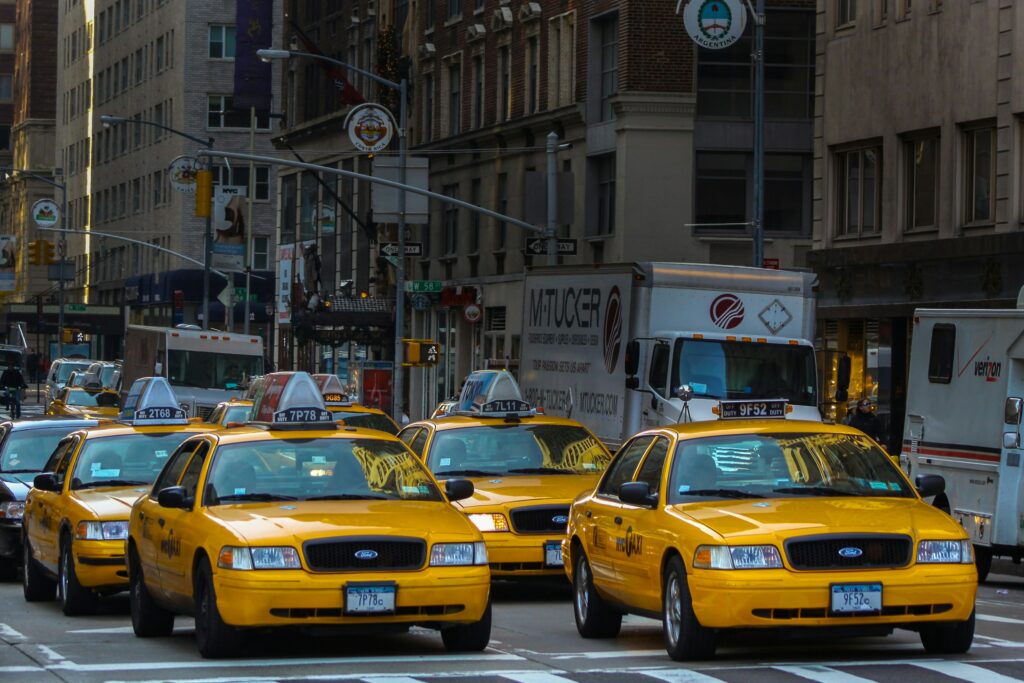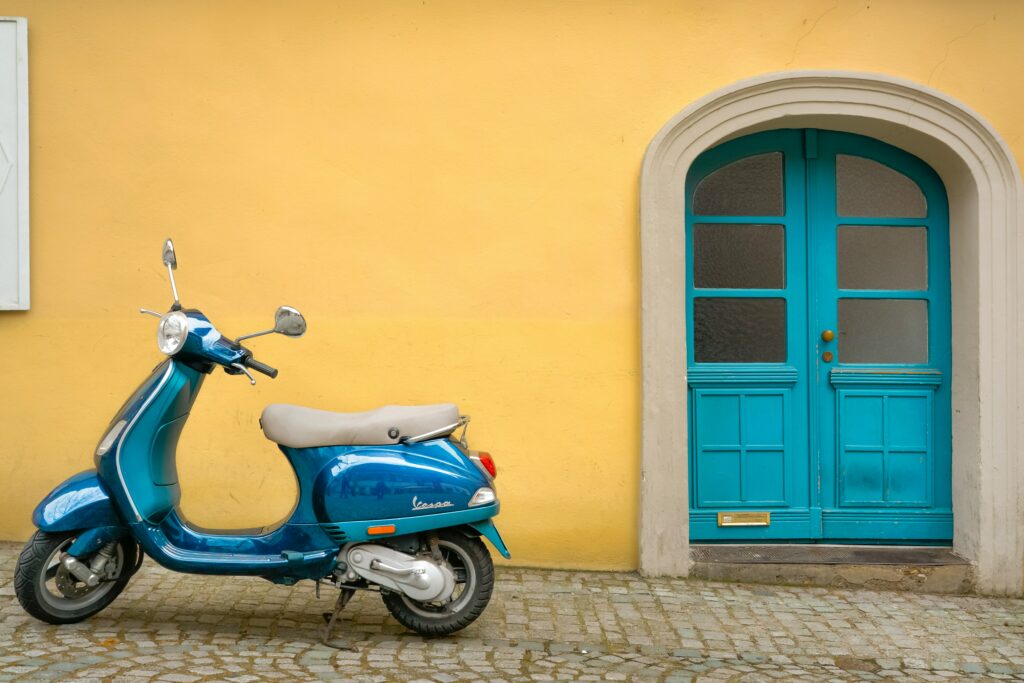Even the most seasoned globetrotters have been tricked once or twice. Whether you’re backpacking Southeast Asia, strolling the streets of Rome, or booking a last-minute cab from the airport, travel scams are everywhere.
The good news? Most are easy to spot (and avoid) once you know what to look for.
Here are 15 of the most common travel scams in 2025, plus real, practical tips from experienced travelers to help you stay alert and avoid getting ripped off without losing your trust in humanity.
1. 🚖 “The Meter’s Broken” Taxi Scam
Where it happens: Major airports, tourist areas (Bangkok, Cairo, Paris)
How it works: The driver claims the meter is broken and offers a “flat rate” — usually triple the local fare.
How to avoid it:
- Use official taxi stands or ride apps (like Grab, Bolt, or Uber).
- Ask about the meter upfront or agree on a price before getting in.
- Know what the ride should cost using Google Maps or Rome2Rio.

2. 🕊️ “The Bracelet” or “Free Gift” Scam
Where: Paris, Rome, Barcelona, Marrakech
How: Someone offers a “free” bracelet, rose, or trinket. then demands payment once it’s in your hand (or on your wrist).
Avoid it:
- Don’t engage. Smile, shake your head, and keep walking.
- If someone tries to grab your arm, firmly say “No” and walk away.
3. 🏦 Currency Exchange Cons
Where: Airports, border towns, sketchy street booths
How: You’re given a horrible rate or short-changed during the exchange.
Avoid it:
- Use ATMs or official exchange counters (with posted rates).
- Always count your money before walking away.
- Download a currency converter app (like XE) to stay on top of rates.
4. 📷 Fake “Tour Guides” or Ticket Sellers
Where: Famous landmarks (e.g., pyramids, Eiffel Tower, Angkor Wat)
How: Scammers pose as guides, charge you cash, then disappear — or offer fake entry tickets.
Avoid it:
- Book through official websites or apps ahead of time.
- Ask if the guide is licensed (they should have ID or uniform).
- Research legit tours on TripAdvisor, GetYourGuide, or local tourism boards.
5. 💳 Card Skimming at ATMs
Where: Tourist-heavy cities globally
How: A fake card reader steals your info when you withdraw cash.
Avoid it:
- Stick to indoor ATMs at banks, not random ones on the street.
- Cover the keypad with your hand.
- Use a travel debit card with fraud protection.
6. 🧳 “Helpful Stranger” at the Train Station
Where: Italy, India, Eastern Europe
How: A friendly stranger helps with your bag or machine, then demands a tip or tries to rob you.
Avoid it:
- Be polite but firm: “No thank you, I’ve got it.”
- Always keep a hand on your bag.
- If you’re unsure, look for uniformed staff or ask at an info desk.
7. 🪪 Fake Police Officers
Where: Latin America, Southeast Asia, Eastern Europe
How: Someone claiming to be a cop asks for your passport or wallet to “check for counterfeit currency.”
Avoid it:
- Ask to see official ID.
- Offer to go to the nearest police station instead.
- Never hand over your wallet, just show ID, do not give it.
8. 🛵 Motorbike Rental Damage Scam
Where: Bali, Thailand, Vietnam
How: You rent a scooter, return it, and they claim you damaged it, demanding payment.
Avoid it:
- Take photos and video of the bike before leaving the shop.
- Rent only from well-reviewed places.
- Pay by credit card if possible for protection.

9. 🏨 “Your Hotel Is Closed” Scam
Where: India, Morocco, parts of Southeast Asia
How: A tuk-tuk/taxi driver tells you your hotel burned down, moved, or closed, and brings you to a friend’s place instead (where they get commission).
Avoid it:
- Call your hotel to confirm.
- Tell the driver you’re meeting someone there.
- Prearrange pickup through your hotel if possible.
10. 🎟️ Attraction “Closed for Prayer” or Renovation
Where: Southeast Asia, Turkey, Egypt
How: You’re told a site is “closed today,” and led to a fake shop or tour.
Avoid it:
- Double-check hours online or on official sites.
- Insist on going to the entrance yourself.
- If the site is truly closed, staff will be visible.
11. 🧼 “Spilled Something On You” Distraction
Where: Big cities worldwide (Barcelona, Buenos Aires, Rome)
How: Someone spills something on you (like mustard or fake bird poop), then “helps” clean you up while pickpocketing.
Avoid it:
- Step away immediately. Secure your belongings first, clean up later.
- Don’t set down your bag or phone in the chaos.
12. 🧳 Fake Porters or Baggage Helpers
Where: Airports, train stations, ferry docks
How: Someone grabs your bag without asking, then demands a big tip or runs off.
Avoid it:
- Hold onto your luggage at all times.
- Use officially uniformed porters if available.
13. 💻 “Free” Wi-Fi That Steals Your Info
Where: Cafés, airports, public spaces
How: Hackers set up fake Wi-Fi networks to intercept your data.
Avoid it:
- Use a VPN when connecting to public Wi-Fi.
- Ask staff for the official network name.
14. 🤳 The “Let Me Take Your Photo” Scam
Where: Anywhere with tourists
How: Someone offers to take your photo, then demands money — or runs off with your phone.
Avoid it:
- Politely decline or ask another traveler instead.
- Use a tripod or timer app if solo.
15. 📱 Fake Booking Sites & Apartment Listings
Where: Online, before you even leave home
How: You book a stay on a fake site or a listing that doesn’t exist.
Avoid it:
- Book through trusted platforms (Booking.com, Airbnb, Vrbo)
- Never wire money or pay outside the app
- Read reviews, check for verified listings, and look for consistent photos
💡 Real Tips from Seasoned Travelers
“I always keep a decoy wallet in my front pocket with a few small bills. If I’m ever targeted, they won’t get much.” – Marcus, 45 countries and counting
“I research common scams before visiting a new country. Just knowing the tricks makes me feel more confident.” – Alina, solo traveler
“If something feels off — it probably is. Your gut is your best tool.” – Samir, expat and tour guide
🧠 Final Thoughts
Most people you meet while traveling are kind, honest, and helpful, but it only takes one scam to ruin your day (or your budget). With a little awareness and preparation, you can stay safe and open-hearted.
Know the red flags. Stay alert. Trust your instincts. And don’t let the scammers steal your sense of adventure.


Leave a Reply